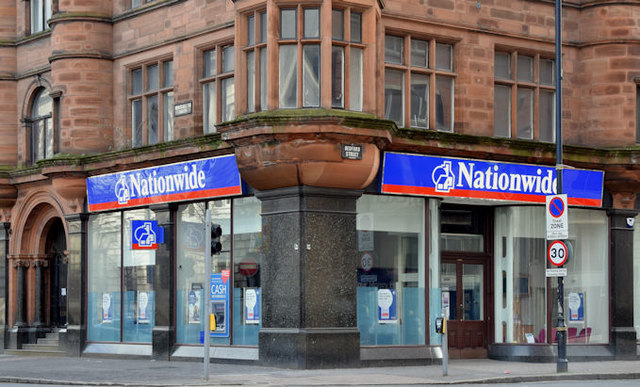The rate of annual house price growth decelerated to 1.1% in January, according to the latest Nationwide House Price Index.
This figure is down from 2.8% in December, after prices fell on a month-by-month basis in January by 0.6%.
Nationwide’s data indicated that the average UK house price now stands at £258,297, which is 3.2% down on the peak in August last year.
The index also highlighted that the fall in house purchase approvals in December, reported yesterday by the Bank of England, largely reflects the sharp decline in mortgage applications following the mini-Budget.
Nationwide chief economist, Robert Gardner, suggested that while there are “encouraging signs” that mortgage rates are normalising, it remains too early to tell whether activity in the housing market has started to recover.
“It will be hard for the market to regain much momentum in the near-term as economic headwinds are set to remain strong, with real earnings likely to fall further and the labour market widely projected to weaken as the economy shrinks,” Gardner said.
“Should recent reductions in mortgage rates continue, this should help improve the affordability position for potential buyers, albeit modestly, as will solid rates of income growth – wage growth is currently running at around 7% in the private sector – especially if combined with weak or negative house price growth.”
Gardner also stated that the overall affordability situation looks set to “remain challenging” in the near-term, adding that saving for a deposit is proving a struggle for many people in the UK amid the rising cost of living.
“High house prices relative to earnings mean deposit requirements remain a major challenge. Moreover, the Help To Buy Equity Loan scheme that helped those with a smaller deposit buy a new build property is due to end in March,” Gardner added.
“However, the government’s mortgage guarantee scheme, which helps to secure the availability and lower the cost of higher loan-to-value mortgages, has been extended until the end of 2023.”
Latest News
-
Residential property transactions fall 24% month-on-month
-
Later life lending loans jump 5.1% in Q4 2025
-
Mortgage Awards 2026: Winners announced
-
FCA outlines proposals to close gaps in borrowers’ credit files
-
St. James’s Place closes 2025 with record FuM
-
Average LTV on UK mortgaged home drops to 59% – IMLA
Mortgage Advice Bureau and AI in the mortgage sector
Chief executive officer at Mortgage Advice Bureau, Peter Brodnicki, and founder and managing director at Heron Financial, Matt Coulson, joined content editor Dan McGrath to discuss how Mortgage Advice Bureau is using artificial intelligence to make advancements in the mortgage industry, the limitations of this technology and what 2026 will hold for the market
Perenna and the long-term fixed mortgage market

Content editor, Dan McGrath, spoke to head of product, proposition and distribution at Perenna, John Davison, to explore the long-term fixed mortgage market, the role that Perenna plays in this sector and the impact of the recent Autumn Budget
NEW BUILD IN FOCUS - NEW EPISODE OF THE MORTGAGE INSIDER PODCAST, OUT NOW

Figures from the National House-Building Council saw Q1 2025 register a 36% increase in new homes built across the UK compared with the same period last year, representing a striking development for the first-time buyer market. But with the higher cost of building, ongoing planning challenges and new and changing regulations, how sustainable is this growth? And what does it mean for brokers?
Does the North-South divide still exist in the UK housing market?

What do the most expensive parts of the country reveal about shifting demand? And why is the Manchester housing market now outperforming many southern counterparts?
In this episode of the Barclays Mortgage Insider Podcast, host Phil Spencer is joined by Lucian Cook, Head of Research at Savills, and Ross Jones, founder of Home Financial and Evolve Commercial Finance, to explore how regional trends are redefining the UK housing, mortgage and buy-to-let markets.
In this episode of the Barclays Mortgage Insider Podcast, host Phil Spencer is joined by Lucian Cook, Head of Research at Savills, and Ross Jones, founder of Home Financial and Evolve Commercial Finance, to explore how regional trends are redefining the UK housing, mortgage and buy-to-let markets.
© 2019 Perspective Publishing Privacy & Cookies











Recent Stories